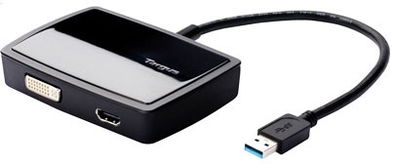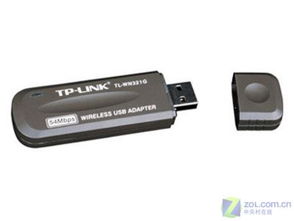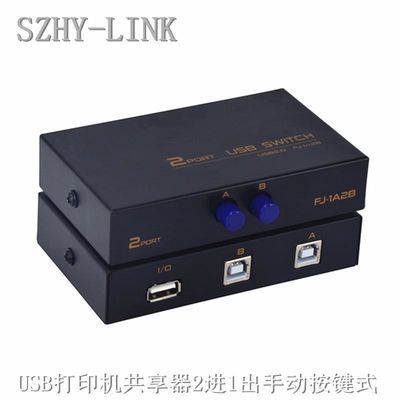Understanding USB Link 2: A Comprehensive Guide

USB Link 2, also known as USB 2.0, is a significant advancement in the world of computer peripherals and external devices. This article will delve into the details of USB Link 2, exploring its features, benefits, and how it compares to other USB versions. Whether you’re a tech enthusiast or just looking to understand the technology better, this guide will provide you with all the information you need.
What is USB Link 2?

USB Link 2, or USB 2.0, is the second major revision of the Universal Serial Bus (USB) standard. Introduced in 2000, it was a significant improvement over its predecessor, USB 1.1. USB 2.0 brought faster data transfer rates, improved power management, and better compatibility with a wide range of devices.
Key Features of USB Link 2

Here are some of the key features that make USB Link 2 a popular choice for connecting devices:
| Feature | Description |
|---|---|
| Data Transfer Speed | USB 2.0 offers data transfer speeds of up to 480 Mbps, which is 40 times faster than USB 1.1. |
| Improved Power Management | USB 2.0 provides better power management, allowing devices to draw more power from the USB port. |
| Hot-Swapping | USB 2.0 supports hot-swapping, meaning you can connect or disconnect devices without turning off your computer. |
| Backward Compatibility | USB 2.0 is backward compatible with USB 1.1 devices, ensuring seamless integration with older hardware. |
Benefits of USB Link 2
There are several benefits to using USB Link 2:
-
Increased Efficiency: With faster data transfer rates, USB 2.0 can significantly reduce the time it takes to transfer large files.
-
Improved Device Performance: USB 2.0 provides more power to devices, resulting in better performance and longer battery life for portable devices.
-
Seamless Integration: USB 2.0’s backward compatibility ensures that you can use it with a wide range of devices, from printers and scanners to external hard drives and cameras.
Comparing USB Link 2 with Other Versions
While USB 2.0 is a significant improvement over USB 1.1, it’s important to understand how it compares to newer versions of the USB standard:
| Version | Data Transfer Speed | Introduction Year |
|---|---|---|
| USB 1.1 | 12 Mbps | 1995 |
| USB 2.0 | 480 Mbps | 2000 |
| USB 3.0 | 5 Gbps | 2008 |
| USB 3.1 | 10 Gbps | 2013 |
| USB 3.2 | 20 Gbps | 2017 |
Conclusion
USB Link 2, or USB 2.0, has been a game-changer in the world of computer peripherals and external devices. With its faster data transfer rates, improved power management, and backward compatibility, it’s no wonder that USB 2.0 remains a popular choice for many users. As technology continues to evolve, newer versions of USB will undoubtedly bring even more advancements, but USB 2.0 will always hold a special place in the















